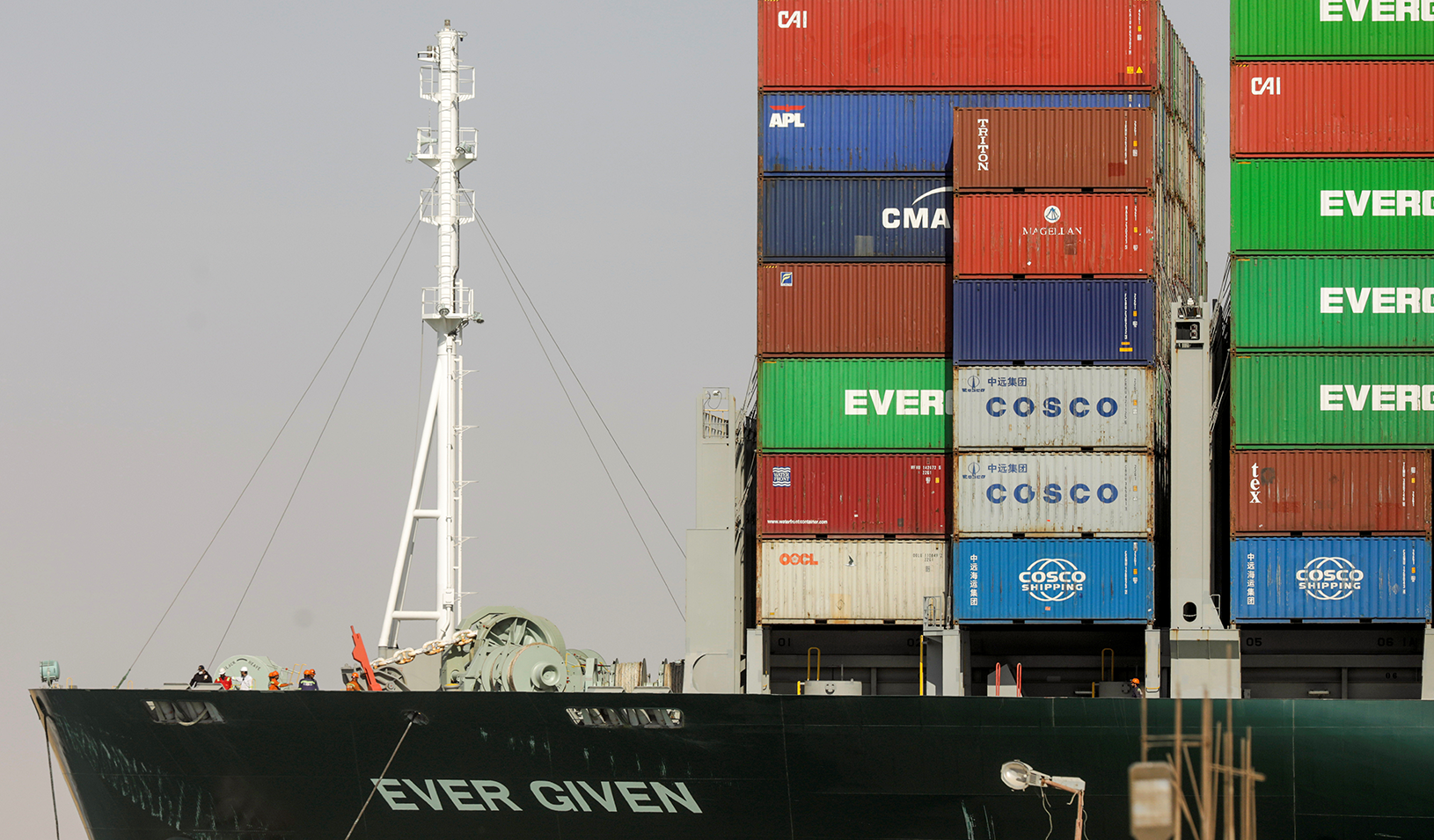
Time after time companies doing business in emerging economies have weathered criticism for their poor environment and labor practices, and over the past decade, many multinationals have addressed these sort of issues in their supply chains, with varying degrees of success. Now, companies face an arguably even greater risk, especially to top-line revenue: intellectual property theft.
Losing control of proprietary information can have devastating effects on company reputation and profits. In some cases, such as those involving sub-standard knock-offs, intellectual property theft can also pose health and safety concerns for consumers, and the associated liability risk.
We suggest, based on the findings of a new report, that companies can use the same thinking they have applied to protect against social and environmental risk in supply chains to help protect against intellectual property risk in supply chains.
Fundamentally, multinationals should consider how to supplement the use of contracts and legal remedies with a new business-oriented approach. In other words, instead of being punitive and reactive toward intellectual property (IP) violations, companies can achieve more by being proactive and creating incentives for good IP management.
Here are some specific steps companies can take to better safeguard IP that have proven effective in addressing other supply chain issues:
Adopt a Management Systems Approach
Create a cross-divisional IP protection team that includes top executives and incorporates responsible IP practices internally and across the supply chain. Siemens, for instance, has taken this approach. The German engineering and electronics giant established a central Corporate Intellectual Property department, which coordinates the company’s IP strategy, policies and protection procedures, and customizes the overarching approach to meet the specific needs of each of the company’s 15 business divisions.
Establish Visibility Into IP Practices and Potential Problems
Build IP risk into due diligence of supply chain members and potential business partners, and continue monitoring IP protection among suppliers. Nike now factors sustainability into a supplier’s evaluation, weighing it at 25%, on an equal footing with quality, price, timeliness, and delivery. Likewise, companies such as Microsoft have started to incorporate IP protection into their supplier scorecards. Doing so helps to build alignment between sourcing and compliance functions inside the company. It also leads to clearer, more consistent communications with supply chain companies.
Employ Preventive Practices and Respond to Violations
Multinationals can help their suppliers and business partners develop their intellectual property protection capabilities by providing training, which identifies risk factors and shares best practices. Increasingly, companies in developing economies are recognizing that maintaining high standards, whether in safety, labor practices, quality or IP protection, can provide a competitive advantage. In the near term, suppliers can be encouraged to comply with incentives, such as public recognition or the promise of a long-term relationship with the buying company.
Beyond having in place IT security systems to deter cyber theft, companies need to limit access to trade secrets and other critical information, making it available to employees and supply chain partners on a need-to-know basis. An array of tools makes this possible, including encryption of confidential information. Electronic documents can be created so that they exist only for a limited amount of time, can only be accessed with a special code, and are restricted from being saved, forwarded, or printed.
Finally, in the event of an IP infringement, the company may or may not take legal action, but it should conduct a full investigation of what caused the leak, build a corrective plan, and follow up to verify its implementation. Involving the supplier in the process, foregoing legal action, and focusing solely on corrective efforts might be the most advantageous response in the long term.
Moving away from an audit-focused or contracts-only approach to more proactive and preventive measures builds the capability to protect intellectual property along the entire supply chain, increases transparency, and fosters a culture of compliance that benefits all.
Hau L. Lee is the Thoma Professor of Operations, Information and Technology at Stanford GSB. His areas of specialization include supply chain management, information technology, global logistics system design, inventory planning, and manufacturing strategy. He is the founding and current codirector of the Stanford Global Supply Chain Management Forum, an industry-academic consortium to advance the theory and practice of global supply chain management.
Pamela Passman is president and CEO of the Center for Responsible Enterprise and Trade (CREATe.org), a nonprofit organization working with companies to protect intellectual property and prevent corruption. Previously, Passman was the corporate vice president and deputy general counsel, global corporate and regulatory affairs, Microsoft Corporation. Prior to her 15 years at Microsoft, she practiced law with Covington & Burling in Washington, D.C., and Nagashima & Ohno in Tokyo, Japan.
For media inquiries, visit the Newsroom.






